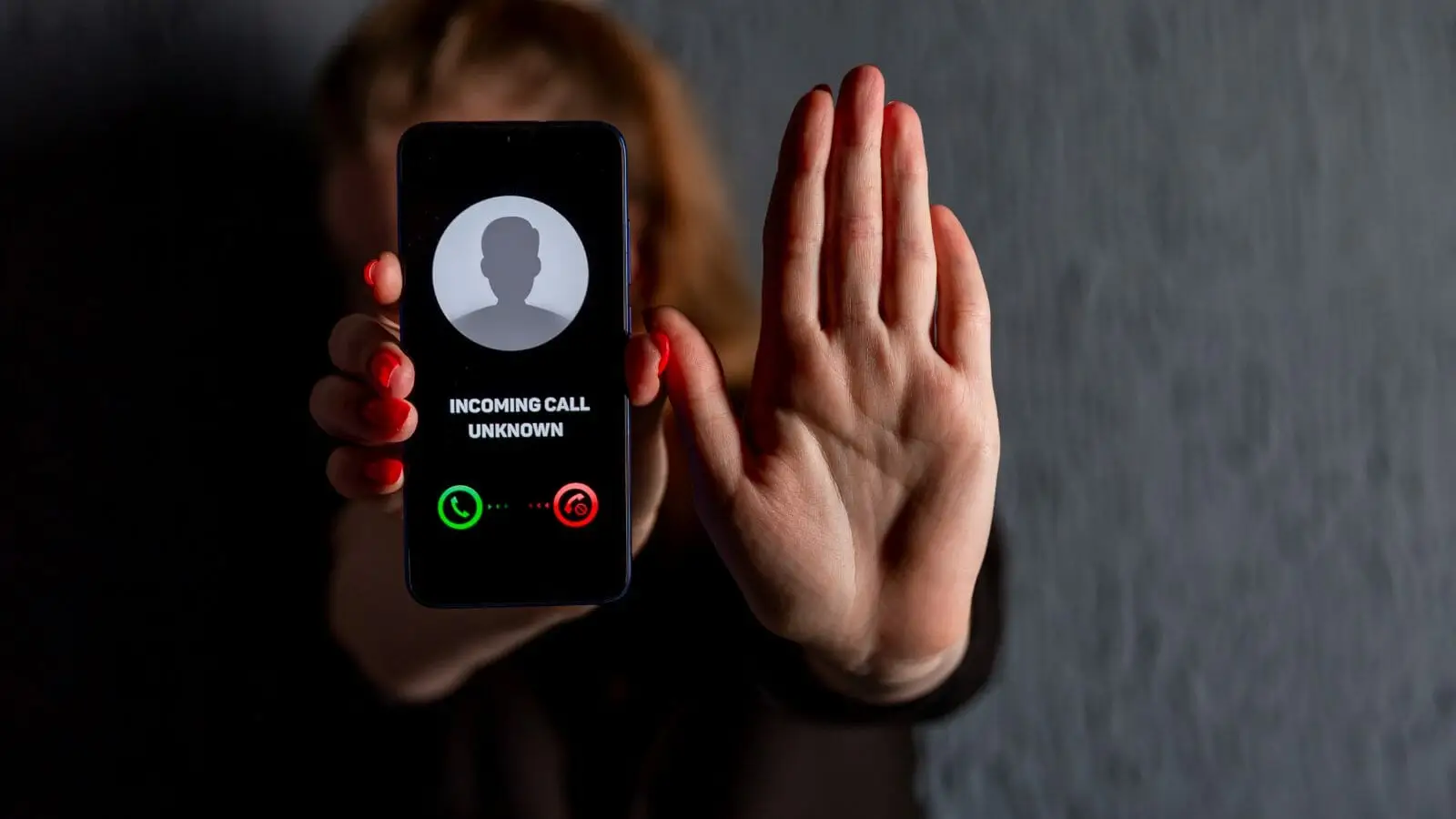If you are searching for a way to stop robocalls, then you are not alone. In 2020, nearly 4 billion robocalls targeted consumers and businesses across the U.S. And if you thought that the pandemic might have at least put a dent in the global robocall machine, think again. Scammers increased their efforts during COVID-19, with the most common robocalls claiming to provide financial relief, testing and treatments.
Of course, this is in addition to standard robocall fare that has been going on for several years, such as those that falsely claim an intended victim’s identity has been stolen, that their credit/debit card has suspicious transaction activity, that they owe money, that they are being offered a free trial, and so on.
How do Robocalls Work?
Before we look at some effective ways to stop robocalls, let us quickly explore how robocalls work. Basically, there are three steps in the process.
- Step 1: Devices called “robodialers” — which are often based overseas — make millions of calls an hour to homes and businesses. Decades ago, this would have been prohibitively costly due to long-distance fees. But these days, each call costs a fraction of a cent.
- Step 2: Gateway carriers in the U.S. receive calls from robodialers. Gateway carriers then pass them to phone carriers. They are receiving unauthorized calls and are totally unaware.
- Step 3: Recipients across the country receive these robocalls in their home or business (or anywhere else since robocalls also target cell phones). If recipients answer the call, they then speak with a live individual, or they are routed into what is called an “automated phone tree” that asks them to answer a series of questions either verbally or by pressing keys on their phone. Based on their responses, they will be transferred to a live individual or asked to enter in sensitive information such as their credit card number, Social Security Number, etc.
It is important to note that not all robocalls are fraudulent. Some are from legitimate businesses that are selling various products such as alarm systems, electronic equipment, and so on. However they do still require consent to reach out to customers via robocalling.
Similarly, robocalls that are purely for informational purposes (e.g. flight cancelations, appointment reminders, refill a prescription, etc.) are legal, as are political calls, and messages from registered charities (however, charities must provide a mechanism for recipients to stop robocalls in the future if they wish).
Stop Robocalls: 4 Key Methods
The bad news is that robocalls are a growing problem. But the good news is that there are some effective methods to stop robocalls. These include:
- Register a phone number(s) on the FTC’s Do Not Call Registry. Registering is fast and free. It is important to note that the Registry is only for residential numbers, and not for business numbers.
- Use third-party apps to block robocalls and spam calls made to cell phones (iOS and Android). There are many solutions in the market, some of which are free and others that have a monthly fee. Additionally, some cell phones have built-in spam and robocall protection.
- Businesses should assess their phone system, and confirm that they are working with a leading phone carrier such as Carolina Digital Phone that has adopted STIR/SHAKEN to protect customers against robocalls. STIR (which stands for “Secure Telephone Identity Revisited”) and SHAKEN (which stands for “Secure Handling of Asserted information using toKENs”) are telecommunication industry standards. Phone carriers use STIR/SHAKEN to block out robocalls. The FCC has set a deadline of June 30, 2021 for phone carriers to implement STIR/SHAKEN. Phone carriers must also publish robocall prevention strategies in a public database. To learn more about STIR/SHAKEN and Carolina Digital Phone’s leading role in this industry-wide effort, please read our article here.
- Businesses should also train employees on how to detect and deal with suspicious calls. For example, employees should immediately hang up as soon as they realize that they have answered a robocall. If they say anything at all, they may be marked as a “live call” and subjected to more robocalls from the same scammer in the future. The same thing can happen if an employee follows a robocall’s automated instructions (e.g. “press 2 to unsubscribe”). If the call is from a registered charity this will not be the case.
The Bottom Line on How to Stop Robocalls
Robocalls are not just a tedious and time-consuming nuisance. They can potentially cost victims a substantial amount of money. Implementing the methods described above to stop robocalls will go a long way towards making things safer for businesses and consumers.
Learn how Carolina Digital Phone’s leading all-in-one cloud telephone system is designed to stop robocalls from ever reaching your business. Call us at (336) 544-4000, or click the chat icon at the bottom of your screen.


